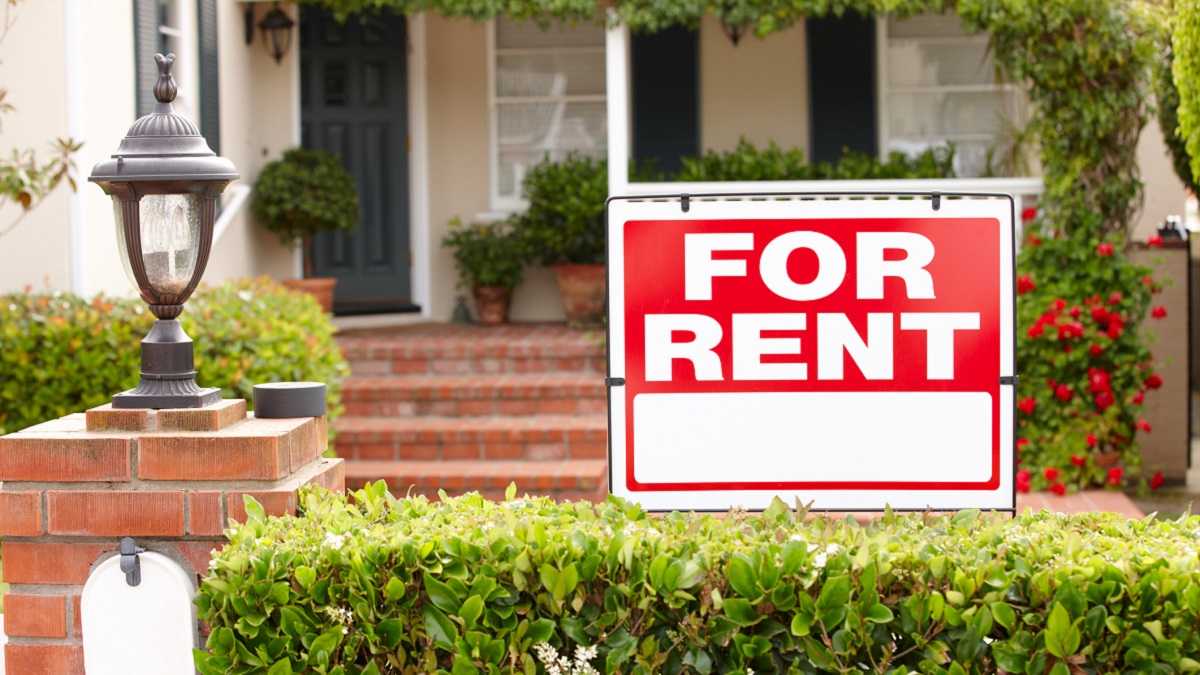We are hearing some troubling whispers from within the intellectually hollowed-out (and certainly no longer hallowed) halls of Pittsburgh City government that should the city lose a challenge to its patently unconstitutional “inclusionary zoning” law – mistakenly touted as a vehicle for “affordable housing” — it might consider exploring a system of rent controls.
“Ugh!” would be, though not necessarily articulate, a most apropos reaction. To wit:
“Rent control appears to help affordability in the short run for current tenants, but in the long-run decreases affordability, fuels gentrification and creates negative externalities on the surrounding neighborhood,” concludes Rebecca Diamond, an associate professor of economics at the Stanford Graduate School of Business.
Continued Diamond, writing at the decidedly not conservative Brookings Institution website, “These results highlight that forcing landlords to provide insurance to tenants against rent increases can ultimately be counterproductive.”
Then there’s Michael Hendrix, writing on the website of The Manhattan Institute:
“Rent control is not the way to increase the amount of affordable housing, nor is it a solution to poverty, inequality or segregation,” he says. “Instead, it acts to restrict the supply of housing, transferring wealth to current tenants at the expense of future and market-rate tenants.”
Furthermore, Hendrix, the director of state and local policy for the think tank, says “Insiders—those living in rent-protected units—generally win at the expense of outsiders.
“In an effort to resist gentrification, rent control leads to the decay of the buildings, as owners have less revenue to spend on maintenance and improvements.
“Regulating rents, in short, does more harm than good overall,” Hendrix concludes.
And then there’s this, from the editors of the Rental Housing Journal:
“One important note that is often overlooked: Rent control primarily benefits wealthier households who do not need the benefit.
“Case in point: Former New York City Mayor Ed Koch for decades kept a $475-a-month bargain in high-end Greenwich Village, which meant he (and many others) received benefits others need more — which means wealthier households are either squatting in affordable units or squandering benefits that could otherwise be spent on lower-income households in need.”
By the way, that was just one of 14 reasons the editors compiled from noted economists, liberal and conservative, against rent control.
If such rent-control whispers in Pittsburgh grow into the discussion stage, such evidence cannot be dismissed. If it is, the councilors’ willful misfeasance cannot be abided.
Colin McNickle is communications and marketing director at the Allegheny Institute for Public Policy (cmcnickle@alleghenyinstitute.org).


